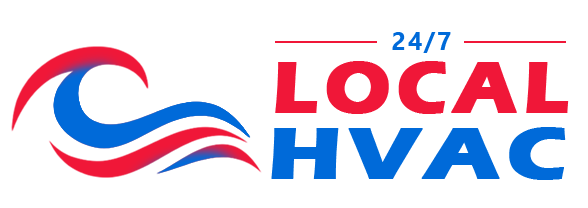Why is My AC Not Turning On? How to Fix? [With Pictures]
Summer is finally here, and with it comes the heat! For many people, this means turning on the air conditioner to cool down. But what if when you need cool air the most, you find your AC not turning on ?
AC not turning on is a significant issue for many, as the weather is only getting hotter and hotter. But, don't worry, we're here to help. In this article, we'll tell you how to fix any problems that might be preventing it from cooling your home and common reasons why your AC system won't turn on. So keep reading for all the tips you need to stay cool this summer! And be sure to check on your air conditioning system with an AC service call before the summer heat really sets in to make sure everything is working properly.
Turn Your AC On Now With An HVAC Pro
How Air Conditioner Works
An air conditioner is a device that uses refrigeration to cool a room or building. It works by extracting heat from the air inside the building and transferring it to the outside. This cold air circulates back into the building, which helps cool it down.
First, warm indoor air is sucked into the return vent, through a filter, and blows over the evaporator coil . The heat is absorbed into the cold refrigerant , turning it from liquid to gas. The air, which is now cool, is blown back into the home.
The transfer of heat is possible due to a chemical called refrigerant . The refrigeration process works by compressing gas and turning it into a liquid. The refrigerant makes its way outside the house to the compressor inside the outdoor unit , which squeezes the warm refrigerant , raising its gaseous temperature even more.
When the super hot vapor
refrigerant
reaches the condenser, the last step, the heat is expelled and absorbed into the outdoor air. The
refrigerant
instantly cools, which changes it from gas back to liquid form. The cold liquid
refrigerant
is now ready to repeat the process.
What To Do When A/C Is Not Turning On
Check Your Thermostat
If you have an AC not turning on , you should first check the thermostat . Make sure the "cool" setting is on and that the desired temperature is lower than the current room temperature. In the event your monitor doesn't display anything, change the batteries.

Check Your Circuit Breaker
Check circuit breaker if AC is not turning on. If your circuit breaker has tripped, you will need to reset it for the air conditioner to start working again. If your circuit breaker does trip, here's how to reset it:

-Locate your main circuit breaker and switch it back to the "on" position.
-Wait 30 seconds and turn on your air conditioner again. If it still doesn't work, you'll need to call a professional for help.
-Once you've reset your circuit breaker , make sure that the lights aren't flickering every time you turn on an appliance or device. If they are, it means that you're using too much electricity and might need to limit how many appliances are running at once. Also, keep in mind that if you live in an old home with outdated or problematic electrical wiring, this could be a sign of a larger problem on top of not being able to use your air conditioning unit .
If it's still not working, do NOT flip that switch a second time. There might be an electrical short in the system, which is dangerous and could start fires!
Inspect If AC Is Leaking Water And Empty Drain Pan
water overflows from Evaporate Coil primary drain pan
If you notice your AC not turning on , it could be because of a full drain pan . The drain pan is located underneath the inside unit and catches any water leaking from your HVAC system . Many air conditioners have a float switch or a wet switch that stops the air conditioning system from running when the drain pan is full. If your AC is leaking water, find out what to do here .
Check Furnace & A/C Shut Off Switch

If your air conditioner does not turn on, the power supply to your indoor A/C unit and furnace may be the problem—the furnace switch powers on and off the indoor part of your HVAC system . Make sure to check the furnace switch to see if it's in the "on" position. If it's not, turn it on and see if your air conditioner starts working. Since the switch looks like a light switch, people often accidentally turn it off.
Have a Local HVAC professional Fix Your AC
Why AC Is Not Turning On
AC Not Turning On Due To No Power Supply
If there is no electricity connected to your HVAC system , your AC unit will not turn on. Pay attention that the HVAC furnace switch is On and the circuit breaker setting is correct. Keep in mind any interference to the power or electrical source will disable your AC system . Read on for common culprits that affect the power supply to your AC.
Problem With The Low Voltage Wire
If your air conditioner isn't turning on, there may be a problem with the low voltage wire. This wire helps send power from your home's electrical system to the A/C unit. If it becomes damaged or disconnected, it can prevent the unit from starting up.
Bad Circuit Control Board
The circuit control board is an integral part of your
AC system
, as it controls the flow of electricity to the different parts of the system. If this board is not functioning correctly, it can prevent your AC from turning on.
Faulty High Voltage Wire
If your AC isn't turning on, your
HVAC system
may have a faulty high voltage wire. This wire carries electricity from the
outdoor unit
to the
indoor unit
, and if it's faulty, it can prevent your AC from turning on.
Faulty Indoor Blower Motor Makes AC Not Turn On

An indoor
blower motor
may be to blame for your
AC not turning on
. This motor is responsible for blowing air through the
evaporator coil
and cooling your home. If it's not working, it can prevent your AC from turning on.
Thermostat Problems Explain Why AC Is Not Turning On
Several thermostat issues can cause your air conditioner not to turn on. One of the most common problems is disconnected or lose wires. If the wires are frayed, not connected, or dirty, your air conditioner will not be able to turn on.

Dirty thermostat wiring
Another common problem is a faulty thermostat. If the thermostat malfunctions, it will not send the signal to the air conditioner to turn on.
If you are experiencing AC problems with your thermostat, it's essential to replace it as soon as possible.
Clogged Condensate Line Is Why AC Does Not Turn On

Humidity is released when air is heated or cooled in your HVAC system. This humidity eventually turns into condensation. Condensation from your HVAC system drains through a condensate line, also known as a drain line.
Over time without proper maintenance, the drain line can become clogged with dirt and debris, creating a backup of water. A clog or build-up of filth line can cause the condensate line to leak. EZ traps are handy devices that homeowners can use to clean the condensate lines of their HVAC systems. When this u-shaped device gets clogged, it turns off your AC so that your AC does not leak water.
If you do not have an EZ trap installed, then a clogged condensate line will result in your AC unit leaking water. Many HVAC systems have either a float switch or a wet switch designed to shut off the AC when they detect a water leak.
Malfunctioning Safety Device Is The Reason AC Is Not Turning On
Faulty Float Switch
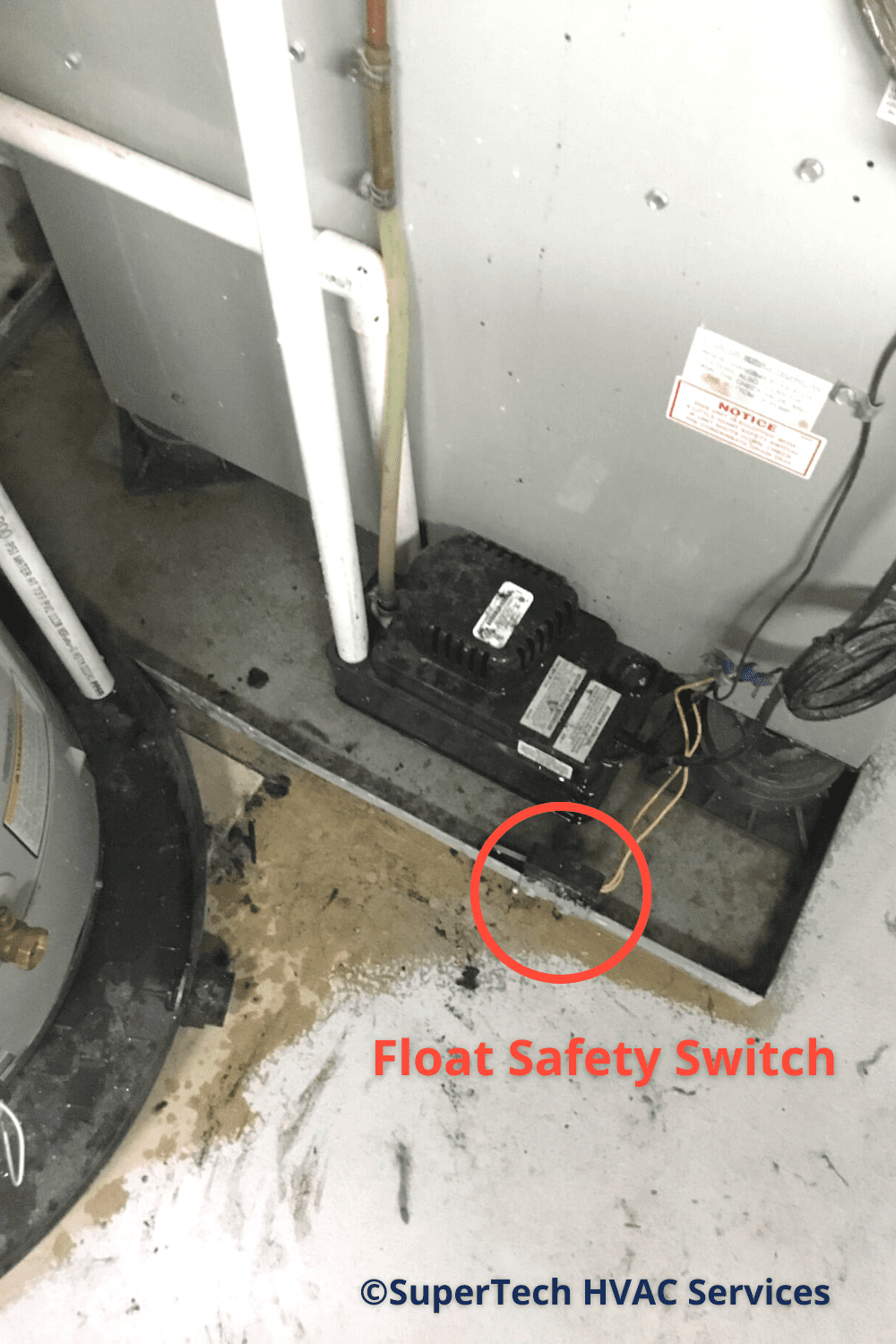
Water filled up the AC drain pan, and the Float Safety Switch shut the AC off.
If your AC has a float safety switch, it could be the reason your AC isn't turning on. The float safety switch turns off your AC when it detects water pooling at its base. If the float switch is faulty, it may falsely prevent your AC from turning on.
Bad Wet Switch
The wet switch is another safety device designed to shut off the AC when it detects water leaking. Most AC systems have either a float switch or a wet switch for safety purposes. While both work to prevent excessive flooding, the wet switch turns off your AC when it detects the slightest bit of moisture. The float safety switch only shuts off your AC when the leaking water has risen to a certain level in the drain pan . If the wet switch malfunctions, then it may prevent your AC from turning on.
Malfunctioning E-Z Trap

With an E-Z Trap, you can periodically clean the drain line of your system to prevent backups as well as overflows. If the U-shaped E-Z trap becomes clogged, it signals to shut down your AC. If the E-Z is faulty, it may wrongly shut down your AC.
Energy Saving Program Explains Why AC Is Not Turning On
If you have an energy program, for example in Maryland there is a BGE Smart Energy Savers Program , homeowners can enroll in order to receive a discount on their energy bills. However, many do not realize that participation in this program allows for their HVAC system to be turned off during peak electrical times. Therefore, AC not turning on could result from participating in an energy savings program. If you think this may be the case for you, wait to see if your AC turns on the next day.
Thorough & Efficient AC Repair
Tips on staying cool this summer!
When it's time to face the heat, make sure your air conditioner is in top shape with regular maintenance. Maintaining an optimal condition will help ensure your AC turns on and works when you need it most. Regular AC maintenance / ac service helps to prevent common air conditioner problems. During an AC tune-up, an HVAC specialist will evaluate all requirements for proper air flow, check your refrigerant, and assess each mechanical component. Because of routine maintenance, you won't have to worry about a bad capacitor or low voltage wire disrupting your breeze!
Relax in Comfort!
Summer is here and that means hot, sticky weather. Don't let the first day of summer be ruined by an AC outage - if your AC doesn't turn on, call an HVAC professional now for an Air conditioning repair !
Call today or schedule online today here ! We hope you have a cool and comfortable summer!
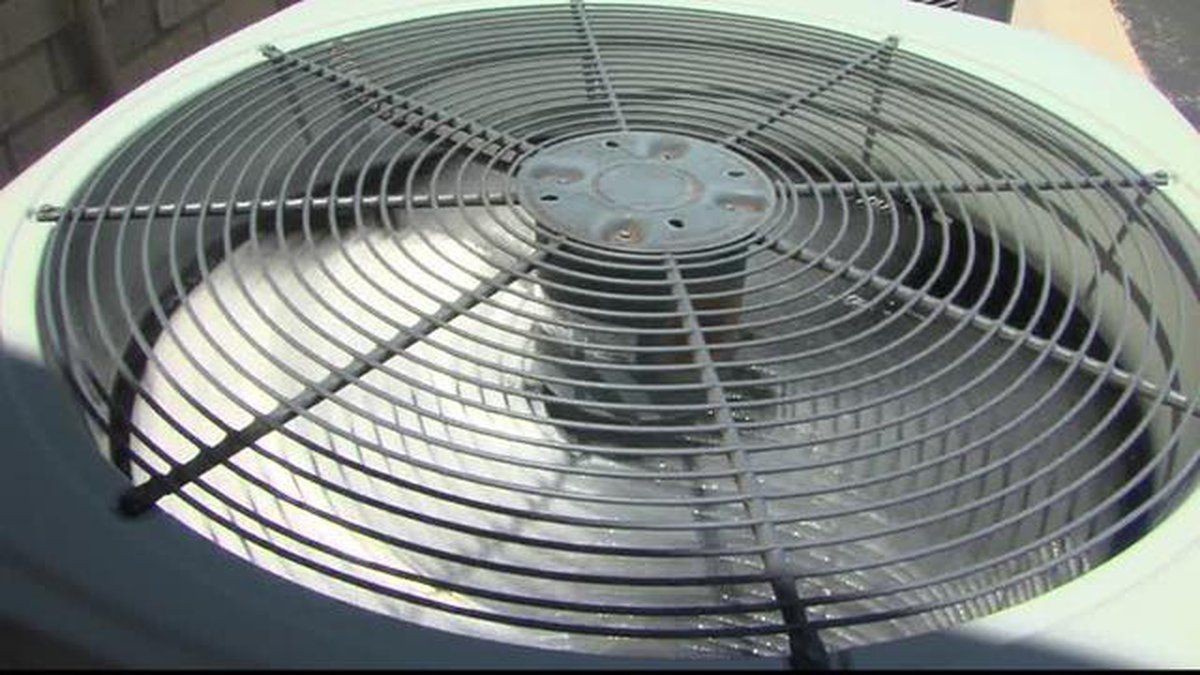

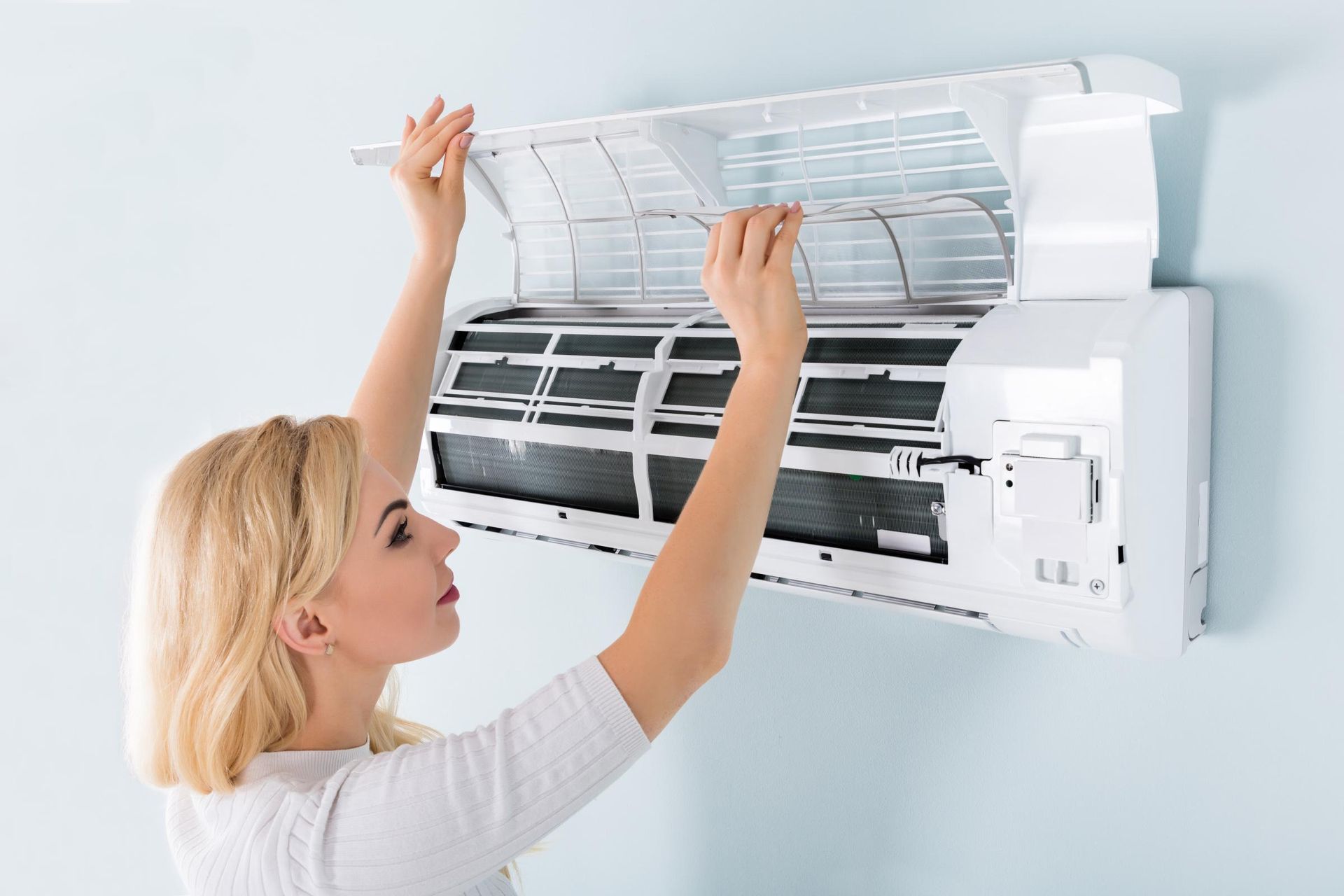
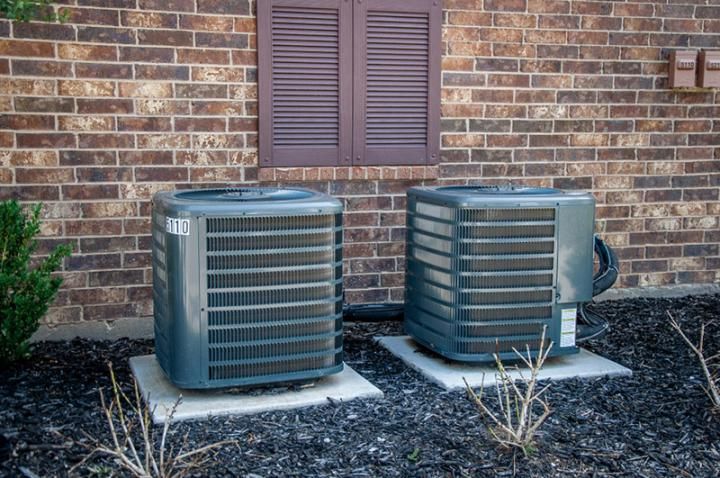

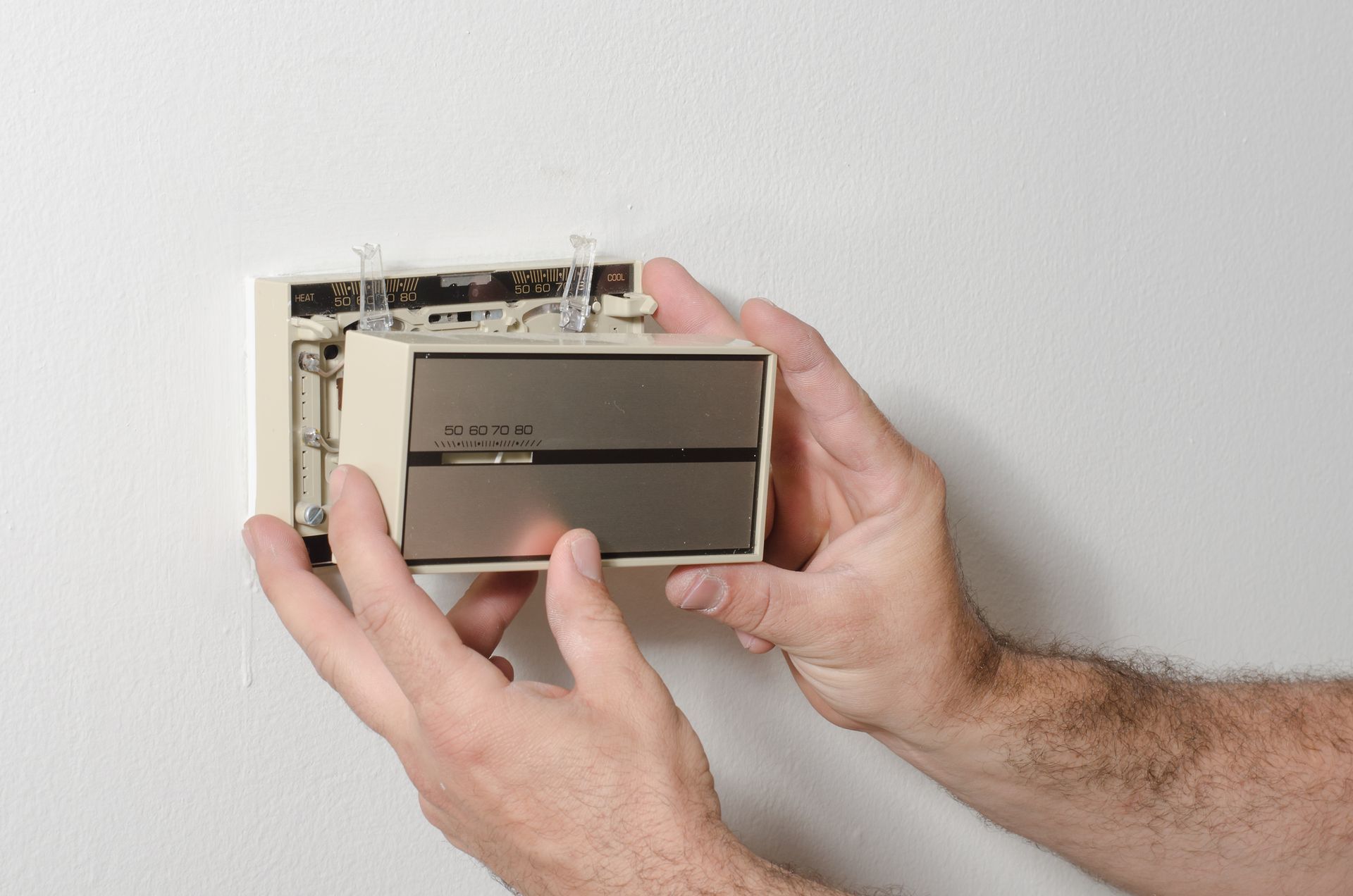

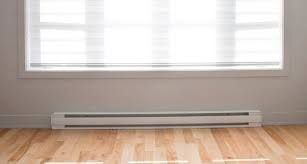
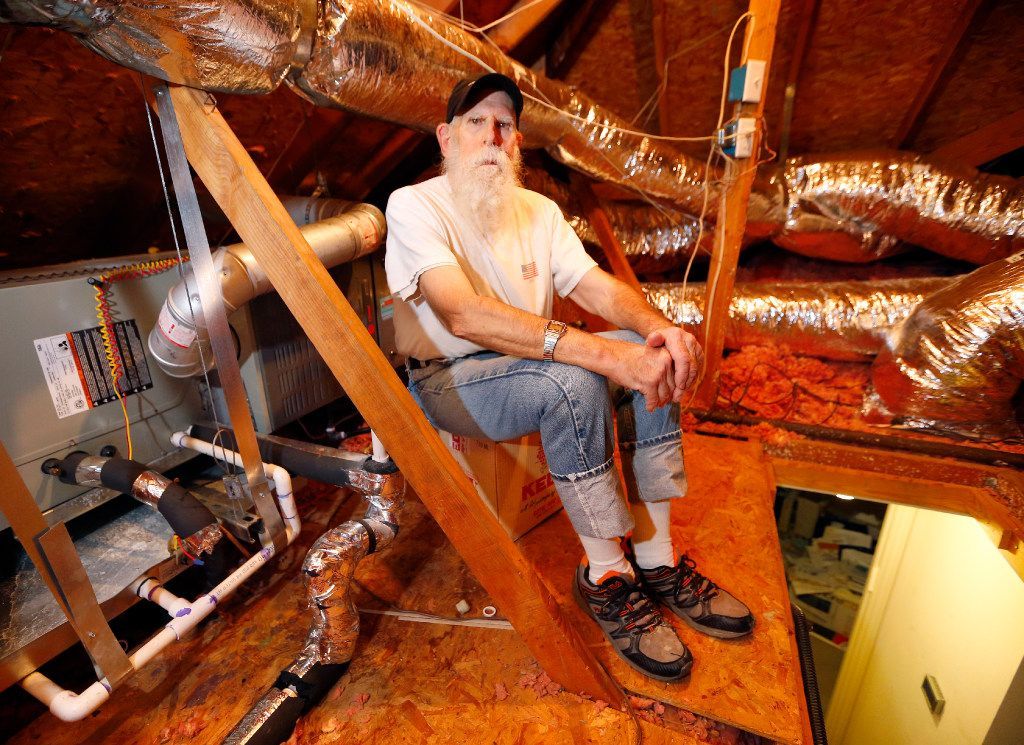

At 24/7 Local HVAC, we specialize in facilitating connections with top-tier HVAC professionals. Our focus is on bridging the gap between you and reputable HVAC companies operating within your local vicinity. It's important to emphasize that each of these HVAC entities functions independently and autonomously.
We firmly place the onus on every individual user to meticulously verify that any selected HVAC company aligns with the mandated licensing and insurance prerequisites stipulated by the governing authorities in their respective jurisdiction.
Furthermore, it's worth noting that our services may regrettably not cover all geographical areas. In instances where our services are available, the scope of offerings could potentially differ based on the composition of service providers present within that particular region.

